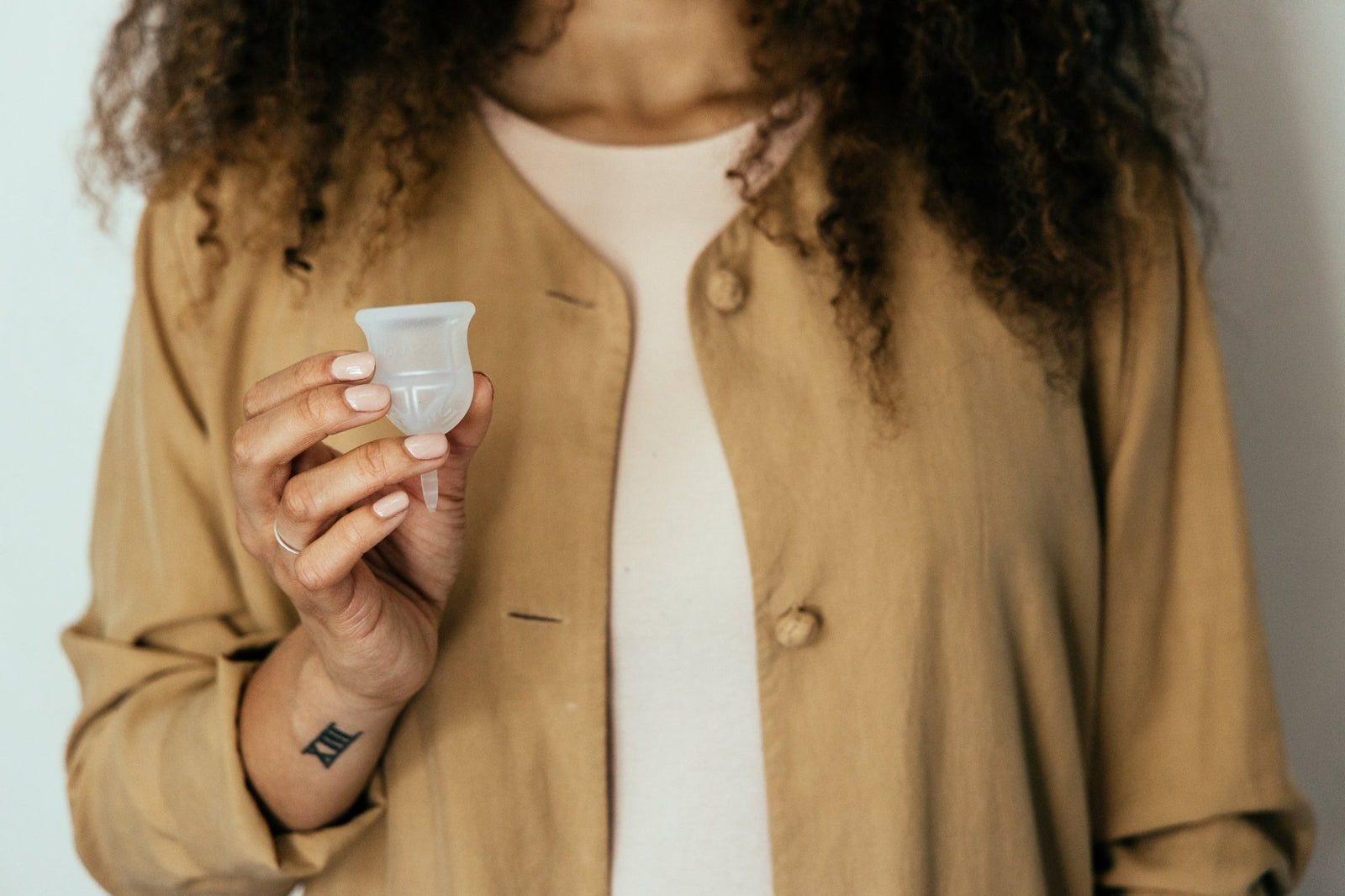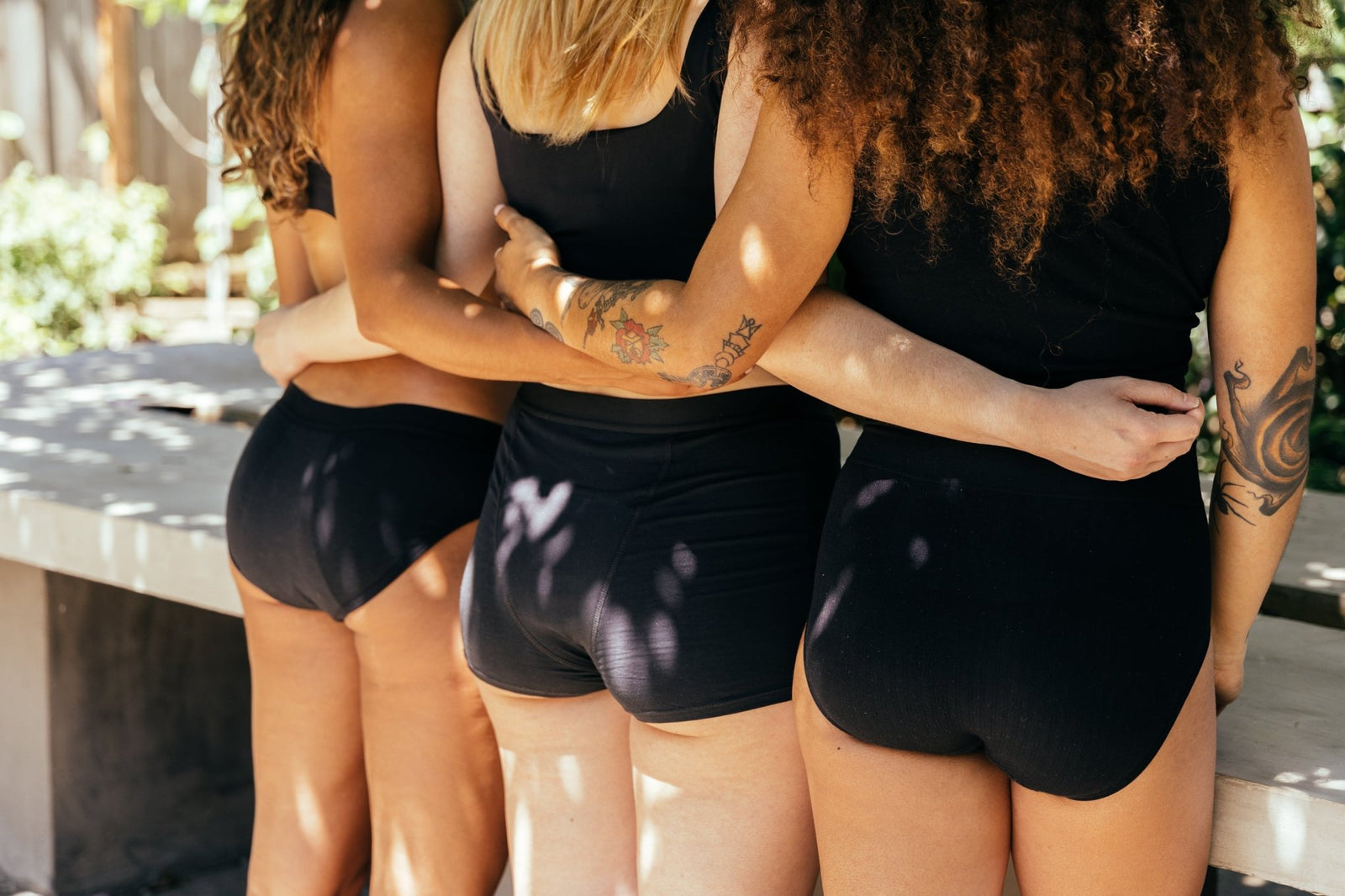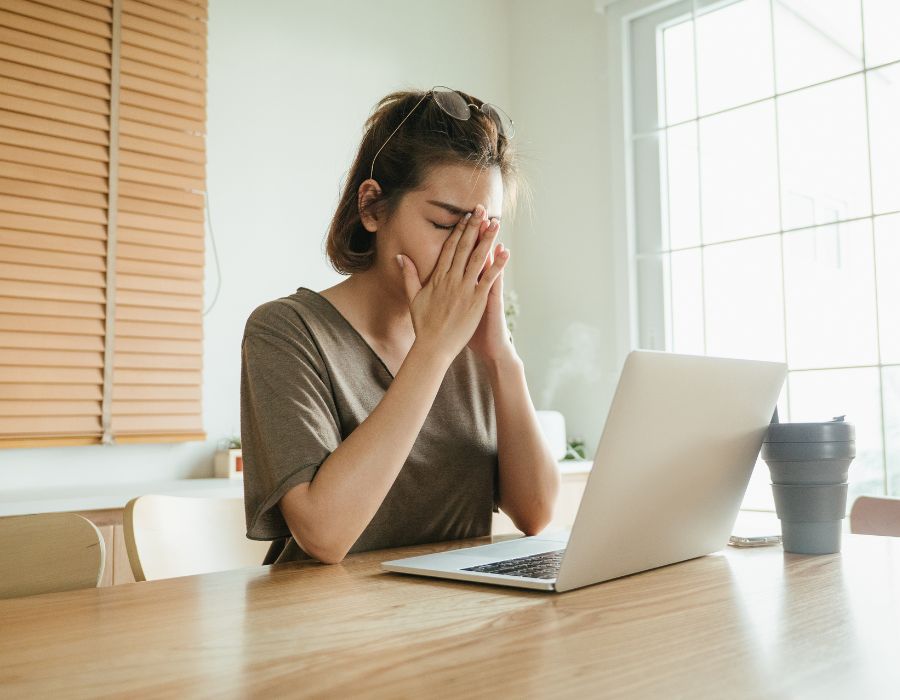Dealing withpubic hair may seem like a challenge, especially when you’re going through puberty (and wondering why the hell you’ve started getting hair in all the weird places). You’ve likely heard confusing advice about how to maintain those sneaky locks, and the trends about pubic hair keep changing –keep it; remove it; no, let it grow; oh no, get rid of it!
You can do several things with your body andpubic hair – from leaving it alone, shaving, plucking, waxing, or trimming it to keeping it long, short, straight, curly, wild, or bedazzled.
Should you grow it out or groom it? It should be your call and yours alone.
While people may have several uncalled-for opinions about your personal body choices, choosing what you're most comfortable withis the right choice. The fact of the matter is, it isyour body, and you should do whatever the hell makes you feel good. And no, you don’t need to feel compelled to follow the #trends either.
Why do I have pubic hair?

Photo by MART PRODUCTION
If, like me, you have been wondering why on earth you havepubic hair, let me enlighten you. Believe it or not, yourpubic hair is actually there to benefit your body. It acts as your first line of defence against irritation and bacteria during sex.Pubic hair wicks away the discharge and sweat. It also prevents bacteria from irritating your skin and entering your urethra. This oddly placed hair also cushions against friction that can be harmful to your vulva (outer skin of your vagina).
If you want to groom yourpubic hair, go ahead and do it. And if you want to let it be, well, that's okay, too. In fact, some surgeons found that shaving a body part before surgery actually increased infections at the surgical site, instead of decreasing the risk, as was intended.
Similarly, removingpubic hair may cause irritation and inflammation to your hair follicles because it can leave microscopic open wounds. This, when combined with your genitals' warm and moist environment, can become a welcoming environment for bacterial pathogens. These include the likes of Staphylococcus aureus, Group A Streptococcus, and Staphylococcus aureus (MRSA), its recent mutant cousin who is also methicillin-resistant (which means even more problematic). The result could be staph abscesses and boils. Bacteria that spreads due to shaving can also cause a bacterial infection called cellulitis.
What's more, some researchers also found that freshly shaved genitals and pubic areas are more vulnerable to herpes infections because the microscopic wounds caused by shaving leave these areas more susceptible to viruses that are carried by genitals or mouth. There could be vulnerability to the spread of other Sexually Transmitted Infections (STIs), too. However, the most effective way to prevent STIs is by practicing safe sex, rather than eliminating your shaving practices - so shave away if that's what you want to do (but do it properly, please).
Caring tips for pubic hair

Photo by Sora Shimazaki
Nowadays, in countries like the United States, the United Kingdom, Australia, and others we’re seeing a preference to removepubic hair. Why are more people jumping on the hair-free bandwagon? Well, the reasons include cleanliness, feelings of femininity, fashion, and for a partner's pleasure. Some of the most common hair removal methods include shaving, waxing, depilatories (over-the-counter products), laser hair removal, and electrolysis.
So, the question is, how to care for the landscape down under? Let me share a few quick tips with you!
Keep it clean
As we have discussed before in our previous blogs, your vagina isveryyy low-maintenance. It's self-cleaning, so you don't have to do much except wash it with gentle soap and water. Just remember to use non-toxic, fragrance-free, and pH-balanced soap and keep the soapy water from entering your V - you don't wanna mess up its pH balance.
Mow carefully!
Let me say it again – be careful while shaving any part of your body, especially your genitals! If you’re not cautious, you may invite pathogens to wreak havoc in your body, and trust me, you don't wanna do that.
Here's the best way to go about it. First, trim your hair. Then use a loofah to exfoliate your skin. Now, you may use a shaving cream if you’re planning to shave or wax the hair away. If you’re shaving, remember to shave in the same direction as your hair follicles so you can help avoid ingrown hairs. After hair removal, it’s best to avoid hot baths or showers as they might irritate your pores. Also, don't forget to moisturize, preferably with a fragrance-free lotion.
Important tips for removing pubic hair and to make it a less frustrating task:
-
Never, ever, dry shave. It increases the likelihood of accidents and razor burn
-
Make sure your blades are sharp and replace your razors frequently
-
If you’re comfortable with it, use a mirror to keep an eye on what exactly is going on *down there* as you mow away!
Alternatively, you may use other hair removal methods, but be sure to explore the pros and cons of each method before you choose one.
Ever wonder whichpubic hair removal methods are more popular than the others? Here's what one study says:
|
Percentage |
Hair removal method |
|
41.8 |
Combination of different methods |
|
33.5 |
Non-electric razor |
|
8.7 |
Laser |
|
6.0 |
Sugaring |
|
4.5 |
Waxing |
|
2.0 |
Trimming |
|
2.0 |
Electric razor |
|
1.5 |
Cream |
Slow and steady, please
Yes, we know that sometimes there can be a hair removal emergency (getting some surprise action with your partner, ahem?). But it is better to take it slow when it comes to maintaining your pubes with a sharp blade or a waxy strip.
But even when you’re being extra careful, and taking time with the hair removal process, accidents happen. A small cut or a nick here and there is common, so don't panic.
- If it is a minor cut and there's bleeding, gently apply pressure with a clean tissue or an ice cube to constrict the flow of blood.
- Rub some vaseline, Aquaphor, or antibiotic ointment on the cut with a bandaid to help prevent infections.
If you do all of these steps, but the area still feels funny, irritated, or inflamed, don't hesitate to reach out to your gyno or dermatologist for advice.
Ouchie, I've got aningrown!
An ingrown hair refers to ahair that has grown back into your skin instead of upward and out of the skin’s surface. Ingrown hairs can pop up anywhere in your pubic hair, legs, armpits, or other areas. They can be painful and super annoying, especially if they cause itchiness, redness, swelling, or irritation. Ingrownpubic hairs can occur when you pluck, wax, or shave yourpubic hair.
There are two types of ingrown hair you might recognise, small, tiny bumps called papules or, small, pus-filled bumps called pustules. Sometimes, the skin around an ingrown hair can also become darker, causing hyperpigmentation.
How to prevent ingrown hairs:
-
Exfoliate regularly as part of your shower routine.
-
Don't try to remove hair from an area that already has ingrown hairs, at least until they go away.
-
Wear underwear with breathable fabric such as cotton-based materials, to help increase airflow and reduce further irritation or discomfort in your bikini area.
-
Try out somecreams and oils that are designed to fight painful ingrowns.
Just make sure you read the ingredient list and directions thoroughly before applying it to sensitive areas! If some part of theingrown hair is peaking out of your skin, you may feel tempted to pluck it out with clean tweezers, but honestly, it's better to resist the temptation. Messing with ingrown hairs can lead to nasty infections and increase the chance that the hair will be ingrown again as it grows back. So, the rule of thumb is "when you see an ingrown, leave it alone”!
Caring forpubic hair is simple if you know what's good and bad. Keep it the way you want, but remember – cleanpubes are healthypubes. So, whatever you decide to do with the hair, make sure that things stay neat and tidy down there!
Have any awesomepubic haircare tips, remedies for ingrowns, or hair removal tricks to make the job easy? Share them with us!

Analiese Terrazas is a California native that loves spending time in the sunshine and hiking in the Oregon wilderness where she currently resides to study Civic Communications, Media, and Studio Arts. Inspired by two of her favorite authors, Bell Hooks and Cherrie Moraga, Analiese is an avid reader and compassionate writer. As a first-generation college student, she’s passionate about building equity for underprivileged and underserved communities in creative spaces.




Reuben
June 05, 2025
As a victim of digital currency scam, I sure do understand the frustration you are going through, assuming you are a victim reading this. They made last year terrible and hopeless after being conned a total of $60,000. Reporting to The police had zero effect, so I opted to hire an asset recovery personnel to trace the offenders and recover my money. The fake company approached me with a promise to double my investment. They kept asking for more without allowing me to withdraw my profits and in the end I lost nearly $60,000. I found prompttechrecovery on Telegram, whom is among the best crypto recovery pro. The agents specialize in crypto recovery and they truly display profound knowledge in the area. At first I was nervous because I had just been scammed and heard incidences of people being scammed twice but I decided to take the chance with prompttech. It felt like luck when the tracked the scammers and sent the entire amount I lost to my account. Look them up on Telegram: @prompttechrecovery, or send them an Email: prompttechrecoverygmail. com, they’re legit and always there to help.